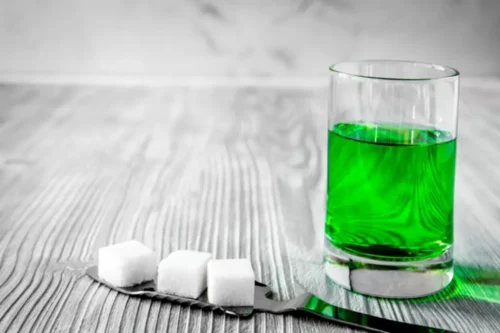You cannot and that is why a co-addict must get down to the root of their problems and stop deflecting them with the addict’s problems. That is the only way for a co-addict to sort out and then make changes in their life. It is also possible that the adult co-addict or codependent is aware of the abusive relationship they endured which imprinted their lack of sense of self. In either case, the adult codependent is a person who puts more value on the person they love then on their own welfare. The only identity they create is through the person they are codependent on. If you find yourself in the situation where you love an addict and you cannot let them go, then you need to get down to the root of your issues, not theirs.
Drug treatment that insists on abstinence? Federal agencies are just saying no
If this is the case for you, instead of taking any unnecessary risks, find safety first—with a friend or relative, or perhaps in a temporary shelter. Only when that is done should you continue with the boundary setting that will need to happen at a later time. Seek out professional assistance if you need it—physical safety for yourself and others has to be your most important initial concern. Trauma plays a significant role in addiction, often serving as a catalyst or underlying factor. Unresolved traumatic experiences can lead individuals to turn to substances as a coping mechanism. Additionally, addiction can have a profound impact on relationships, further exacerbating the effects of trauma.

What If We Both Have an Addiction?

By seeking resources and techniques that address trauma, both partners can embark on a journey of recovery and growth, creating a foundation for a healthier and more fulfilling relationship. Remember, the healing process takes time and dedication, but with commitment and support, individuals and their partners can navigate the impact of trauma and addiction, fostering a resilient and loving connection. Before thinking about how to help a loved one with drug addiction, it can be helpful to understand what it’s like loving an addict. Being in love with an addict, or having a parent or child who is an addict means that you’re often going to feel heartbroken because of their actions.
- We publish material that is researched, cited, edited and reviewed by licensed medical professionals.
- You might feel the need to do favors for people with addiction to maintain a false sense of peace.
- I struggled before with addiction, and focusing on the one person that I was in love with was what I needed, it worked for me!
- “Self-caring” means that you respect yourself enough to take good care of yourself in healthy and holistic ways such as making sure your physical, mental, emotional and spiritual needs are met.
Exploring the Intersection of Addiction and Mental Health:
When your loved one swears to you and to themselves that they will never touch another drop of alcohol, you might believe them. You may tell yourself that surely there is something you can do. But the reality is that not even the person dependent on alcohol can control their drinking, try as they may. As your partner progresses loving an addict on their journey to recovery, it’s essential to celebrate milestones and growth. Recovery is not a linear path, and setbacks may occur, but it’s crucial to acknowledge and appreciate the progress made. Celebrate each step forward, no matter how small, and remind your partner of their resilience and strength.
But because there’s no standardized way of assessing and diagnosing these feelings, the findings are subjective. Lara Dye, PhD, a clinical psychologist and addiction specialist in Austin, Texas, believes that love addiction belongs in the DSM-5. “Most of what’s included in the DSM anyways is largely trauma reactions and attachment problems, and the ways people express that pain,” she says. Hi, I have been reading all these stories and it breaks my heart. I have a beautiful daughter with addiction to Meth, alcohol for many years.
- Whether you’re in a romantic relationship with an addict, or it’s your child, parent or someone else you’re close to, it’s incredibly difficult to continue loving someone with an addiction to drugs or alcohol.
- If you are the loved one of an addict, you’ll need to remember that nothing positive can come from allowing inappropriate behavior to continue.
- For those who love someone living with an addiction, it is very difficult to sit back and let the crisis play out to its fullest extent.


Comentarios recientes